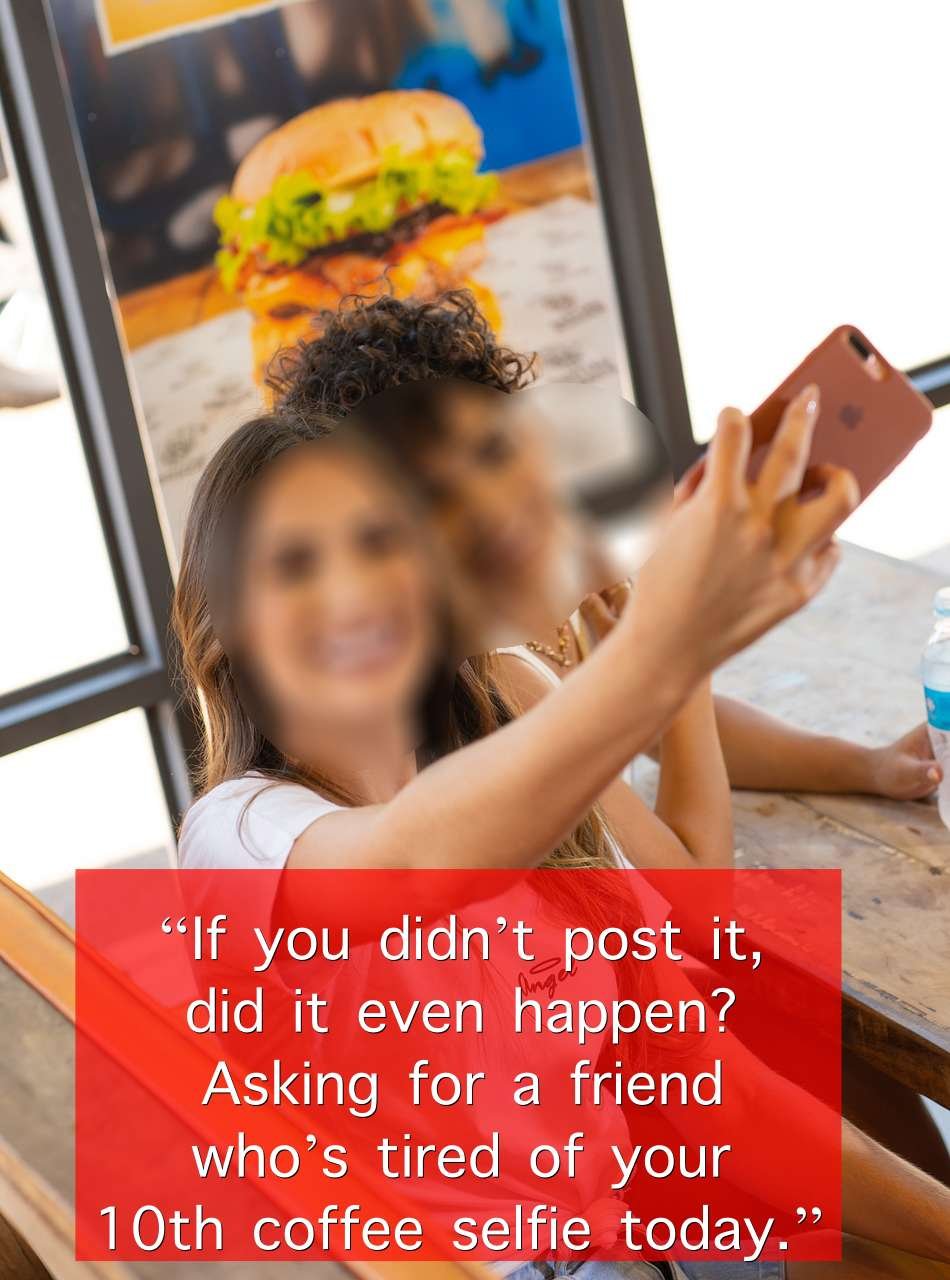
Social Media Posts Hurt
Disclaimer: “Please note that the images used are solely for illustration and decorative purposes. They are not intended to offend or imply any negative meaning.”
Table of Contents
Why Do Social Media Posts Hurt? Understanding Both Readers and Writers
In today’s world, social media has become a central part of our daily lives. We spend hours scrolling through feeds, reading posts, and engaging with friends and strangers alike. But have you ever noticed how easily people get hurt or offended by what they see online? I have—and I’m not just talking about others. I’ve been there myself. This experience has taught me that the dynamics of social media communication are complex, affecting both those who read and those who post.
Why Do People Get Hurt by Social Media Posts?
One of the main reasons people feel hurt or offended by social media posts is the lack of context. Unlike face-to-face conversations, online posts don’t come with tone of voice, facial expressions, or body language. A joke meant to be lighthearted can come across as insensitive. A serious quote or comment can be misinterpreted as a personal attack. People often project their feelings or insecurities onto posts, especially when the content touches on sensitive topics.
Moreover, social media encourages quick reactions. We often skim through posts and comments, sometimes reading them with our own biases or emotions clouding our judgment. This can lead to misunderstandings and hurt feelings, even when the original post wasn’t intended to offend.
Sometimes, serious posts or inspirational quotes are misunderstood as personal criticisms. This isn’t always because the writer is careless; it’s often because expressing tone and nuance in text is difficult.
The Perspective of Those Who Post
As someone who frequently posts online, both as a blogger and a marketing professional, I understand the challenges of communicating clearly on social media. We use these platforms to share ideas, connect with others, and sometimes to entertain. But not every post lands as intended.
Many times, people post jokes or humorous comments without any harmful intent, yet some readers take offense. Sometimes, serious posts or inspirational quotes are misunderstood as personal criticisms. This isn’t always because the writer is careless; it’s often because expressing tone and nuance in text is difficult. Not everyone is skilled in writing or aware of how diverse audiences might perceive their words.

The Shared Responsibility: Readers and Writers
The reality is that both readers and writers share responsibility for how social media communication unfolds. Readers should approach posts with an open mind, avoiding assumptions about the author’s intent. If something feels hurtful, it’s often helpful to seek clarification before reacting.
Writers, on the other hand, should strive to communicate clearly and thoughtfully. This means considering how their words might be interpreted and being mindful of sensitive topics. Using emojis, explicit language, and even disclaimers can help convey tone and reduce misunderstandings.
Readers should approach posts with an open mind, avoiding assumptions about the author’s intent. If something feels hurtful, it’s often helpful to seek clarification before reacting.
Lessons and Tips for Healthier Social Media Engagement
To create a more positive social media experience, here are some practical tips for both readers and writers:
For Readers:
- Pause Before Reacting: Take a moment to consider the context and possible intent behind a post.
- Avoid Personalizing: Don’t assume every post is about you or meant to hurt you.
- Seek Clarification: If unsure, ask the poster privately instead of jumping to conclusions.
- Practice Empathy: Remember that everyone has different perspectives and experiences.
For Writers:
- Think Twice Before Posting: Reflect on how different audiences might receive your message.
- Be Clear and Respectful: Use straightforward language and avoid ambiguous or harsh phrases.
- Use Emojis and Formatting: These can help express tone and emotion.
- Avoid Sensitive Topics Without Care: If you must post about sensitive issues, do so thoughtfully.
- Apologize When Needed: If your post unintentionally hurts someone, acknowledge it and make amends.

Social media is a powerful tool that connects us, but it also magnifies our misunderstandings and emotional reactions. It reflects the complexities of real-life communication but without many of the cues that help us understand each other better.
By recognizing the challenges faced by both readers and writers, we can cultivate more patience, empathy, and clarity online. This not only improves our relationships but also enhances the quality of our digital interactions.
Social media isn’t going away, and neither are the misunderstandings that come with it. However, with awareness and effort from all sides, we can create a space where communication uplifts rather than divides. Whether you’re scrolling or posting, remember: words have power, and how we use them shapes our shared online world.
More Stories
- Negros Power Improvements After 9 Months Takeover
- The Tale of Lady Ok: Series Review
- Pet One Canned Chunks | Falcor Marketing Corporation
- Value Creation, Building Customer Relationship Management
- Marketing Automation, Human Creativity & Personalized Engagement
- Suchata “Opal” Chuangsri: From Miss Universe to Miss World
- Krishnah Gravidez Deserves to Be in the Top 4 at Miss World
- Thailand is Miss World 2025
- Akisha Albert: Philippines’ Lucky Charm in 4 Major Pageants












